Seeking Alternative Colon Cancer Help in Mexico
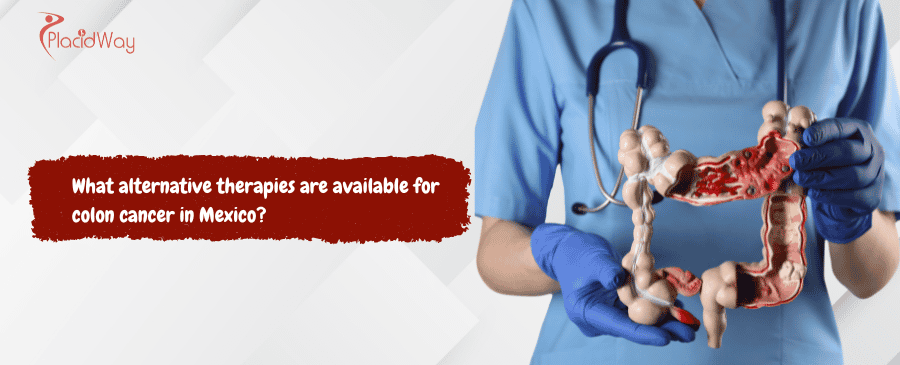
Battling colon cancer is a journey that often involves a combination of conventional medical approaches, but many individuals also seek out alternative therapies to complement their treatment plans or when conventional options have not yielded the desired results. Mexico has emerged as a significant destination for medical tourism, particularly for those looking for diverse and integrative approaches to cancer care, including alternative therapies for colon cancer. These therapies often focus on boosting the body's natural defenses, reducing side effects, and improving overall quality of life. This blog post delves into some of the most commonly sought-after alternative therapies for colon cancer available in Mexico, addressing key questions patients and their families often have.
What are "alternative therapies" for colon cancer in Mexico?
"Alternative therapies for colon cancer in Mexico" refer to non-mainstream approaches used instead of, or in conjunction with, conventional medical treatments like surgery, chemotherapy, and radiation. These therapies often emphasize a holistic approach, focusing on the patient's entire well-being.
Mexican clinics specializing in these treatments aim to provide a more personalized and less invasive path, often incorporating natural compounds, immunotherapies, and detoxification protocols. The appeal lies in the potential for reduced side effects and an enhanced quality of life, alongside the primary goal of targeting cancer cells. It's important to differentiate between "alternative" (used instead of conventional) and "complementary" (used alongside conventional) therapies, though many clinics in Mexico offer an integrative model that combines both.
Why do people seek alternative colon cancer treatments in Mexico?
"People often seek alternative colon cancer treatments in Mexico due to lower costs, quicker access to innovative or unapproved therapies in their home countries, and a desire for a more holistic and personalized approach to care."
Many patients are drawn to Mexico because of the significant cost difference compared to similar treatments in countries like the United States or Canada. Furthermore, some therapies that are considered experimental or are not yet approved in other countries might be available in Mexico, offering a perceived "last resort" or a new avenue for hope. Beyond cost and accessibility, the philosophical approach of many Mexican clinics resonates with patients who prefer a more natural and patient-centric treatment that addresses the whole person—mind, body, and spirit—rather than solely focusing on the disease.
What types of immunotherapy are available for colon cancer in Mexico?
"Various forms of immunotherapy, including dendritic cell therapy and CAR T-cell therapy, are prominent alternative treatments for colon cancer in Mexico."
Immunotherapy is a cornerstone of many alternative cancer treatment centers in Mexico. Dendritic cell therapy, for instance, involves collecting a patient's own dendritic cells, exposing them to tumor markers, and then reintroducing them into the body to train the immune system to specifically target and attack cancer cells. This personalized approach aims to create a more precise and less invasive attack on cancerous cells. Another advanced immunotherapy is CAR T-cell therapy, where a patient's T-cells are genetically engineered to express chimeric antigen receptors (CARs) that enhance their ability to identify and destroy tumor cells. These therapies aim to empower the body's natural defenses to fight the cancer effectively.
Are there dietary and nutritional therapies for colon cancer in Mexico?
"Yes, dietary and nutritional therapies are a common component of holistic treatment plans for colon cancer in Mexico, often involving specialized diets and high-dose vitamin infusions."
Many clinics in Mexico emphasize the role of nutrition in cancer recovery and prevention. These can include strict organic vegetarian diets, often seen in programs like the Gerson therapy, which focuses on consuming large quantities of fresh juices, organic fruits, and vegetables, along with detoxification through enemas. High-dose intravenous Vitamin C therapy is another popular nutritional approach, believed to have cytotoxic effects on cancer cells at high concentrations. Clinics also utilize various vitamin and mineral supplements to boost the immune system, reduce inflammation, and support overall cellular health, aiming to create an internal environment less hospitable to cancer growth.
What is hyperthermia and is it used for colon cancer in Mexico?
"Hyperthermia, which involves heating body tissues to destroy cancer cells, is an alternative therapy offered in some Mexican clinics for colon cancer."
Hyperthermia therapy aims to expose cancer cells to higher temperatures than healthy cells, making them more vulnerable to damage and destruction. This method can be used alone or in conjunction with other treatments like chemotherapy or radiation, as heat can sensitize cancer cells to these conventional therapies. The principle is that cancer cells are often more susceptible to heat than normal cells due to their less organized blood vessel structure and impaired ability to dissipate heat. In Mexico, clinics may offer local, regional, or whole-body hyperthermia, depending on the patient's specific condition and the clinic's capabilities.
Can detoxification protocols help with colon cancer in Mexico?
"Detoxification protocols, such as coffee enemas and other cleansing methods, are frequently used in alternative colon cancer therapies in Mexico to remove toxins and support liver function."
The concept behind detoxification in cancer treatment is that a body burdened with toxins may be less effective at fighting disease. Clinics in Mexico often incorporate various detoxification methods, including coffee enemas, which are believed to help the liver excrete toxins and support overall detoxification processes. Other protocols might involve specialized fasts, colon hydrotherapy, or the use of specific supplements designed to aid the body's natural cleansing pathways. These methods are typically part of a broader holistic treatment plan aimed at reducing the body's toxic load and enhancing its healing capacity.
What mind-body therapies are available for colon cancer patients in Mexico?
"Mind-body therapies such as meditation, yoga, and stress reduction techniques are integrated into holistic colon cancer treatment plans in Mexico to support emotional and psychological well-being."
Recognizing the profound connection between mental and physical health, many Mexican clinics offer therapies that address the emotional and psychological aspects of living with cancer. These can include practices like meditation, yoga, biofeedback, and counseling. The aim is to reduce stress, anxiety, and depression, which are common among cancer patients, and to promote a positive mindset that can contribute to the healing process. By fostering emotional resilience and spiritual strength, these therapies complement physical treatments and enhance the patient's overall quality of life.
How do Mexican clinics personalize alternative colon cancer treatments?
"Mexican clinics personalize alternative colon cancer treatments through individualized diagnostic testing, tailored therapy combinations, and continuous patient monitoring."
A key characteristic of alternative cancer treatment centers in Mexico is their emphasis on personalized care. This often begins with comprehensive diagnostic testing that goes beyond standard pathology, looking into aspects like heavy metal toxicity, nutrient deficiencies, and immune system function. Based on these detailed assessments, clinics develop highly individualized treatment plans that combine various alternative therapies, sometimes alongside low-dose conventional treatments. The plans are frequently adjusted based on the patient's response and progress, ensuring a dynamic and adaptive approach to their unique health needs.
What is the typical duration of alternative colon cancer treatment in Mexico?
"The typical duration of alternative colon cancer treatment in Mexico can vary widely, but often ranges from several weeks to a few months, depending on the personalized treatment plan and patient response."
The length of stay and treatment duration at Mexican clinics depend heavily on the stage of cancer, the specific therapies chosen, and how the individual patient responds to treatment. Some intensive programs might last a few weeks, while others require longer periods of residence or multiple visits over several months. Many clinics also offer options for patients to continue certain aspects of their treatment or follow-up protocols from home, providing a comprehensive care plan that extends beyond their stay at the facility.
What should I consider before pursuing alternative colon cancer therapies in Mexico?
"Before pursuing alternative colon cancer therapies in Mexico, it is crucial to research clinics thoroughly, understand the costs involved, discuss options with your current healthcare providers, and consider the logistics of travel and follow-up care."
It is vital to conduct extensive research into the reputation and accreditation of any clinic you consider. Look for transparent pricing, clear explanations of treatments, and testimonials from other patients. It's also highly recommended to consult with your oncologist or healthcare team at home to discuss any potential interactions or contraindications with your existing medical treatments. Furthermore, consider the practical aspects of traveling to Mexico, including visa requirements, travel insurance, accommodation, and the plan for continued care once you return home.
Are there any risks associated with alternative colon cancer therapies in Mexico?
"Like any medical treatment, alternative colon cancer therapies in Mexico can carry risks, including potential interactions with conventional treatments, financial strain, and in rare cases, severe side effects from unproven methods."
While many alternative therapies aim to be less invasive, they are not without potential risks. Some herbal remedies or high-dose supplements can interact negatively with chemotherapy or other medications. The financial investment can also be substantial, and it's important to be wary of clinics that promise "cures" or guarantee outcomes, as no cancer treatment is foolproof. Additionally, some therapies may lack robust scientific evidence of efficacy, and there's a risk of delaying or foregoing proven conventional treatments, which could impact overall prognosis. Always prioritize open communication with medical professionals.
How do clinics in Mexico ensure patient safety with alternative therapies?
"Reputable clinics in Mexico prioritize patient safety by employing licensed medical professionals, adhering to international safety standards, and conducting thorough patient evaluations."
Leading alternative cancer treatment centers in Mexico strive to maintain high standards of patient safety. This includes having medical doctors, oncologists, and other healthcare professionals who are licensed and experienced in their respective fields. Many clinics also adhere to international certifications and protocols, ensuring that their facilities, equipment, and treatment methods meet global benchmarks. A comprehensive initial evaluation, including detailed medical history, diagnostic tests, and ongoing monitoring throughout the treatment, helps to tailor therapies safely and minimize potential adverse effects.
Explore PlacidWay for solutions related to medical tourism and healthcare services, connecting you with reputable clinics and treatment options for various health needs, including comprehensive cancer care.


.png)

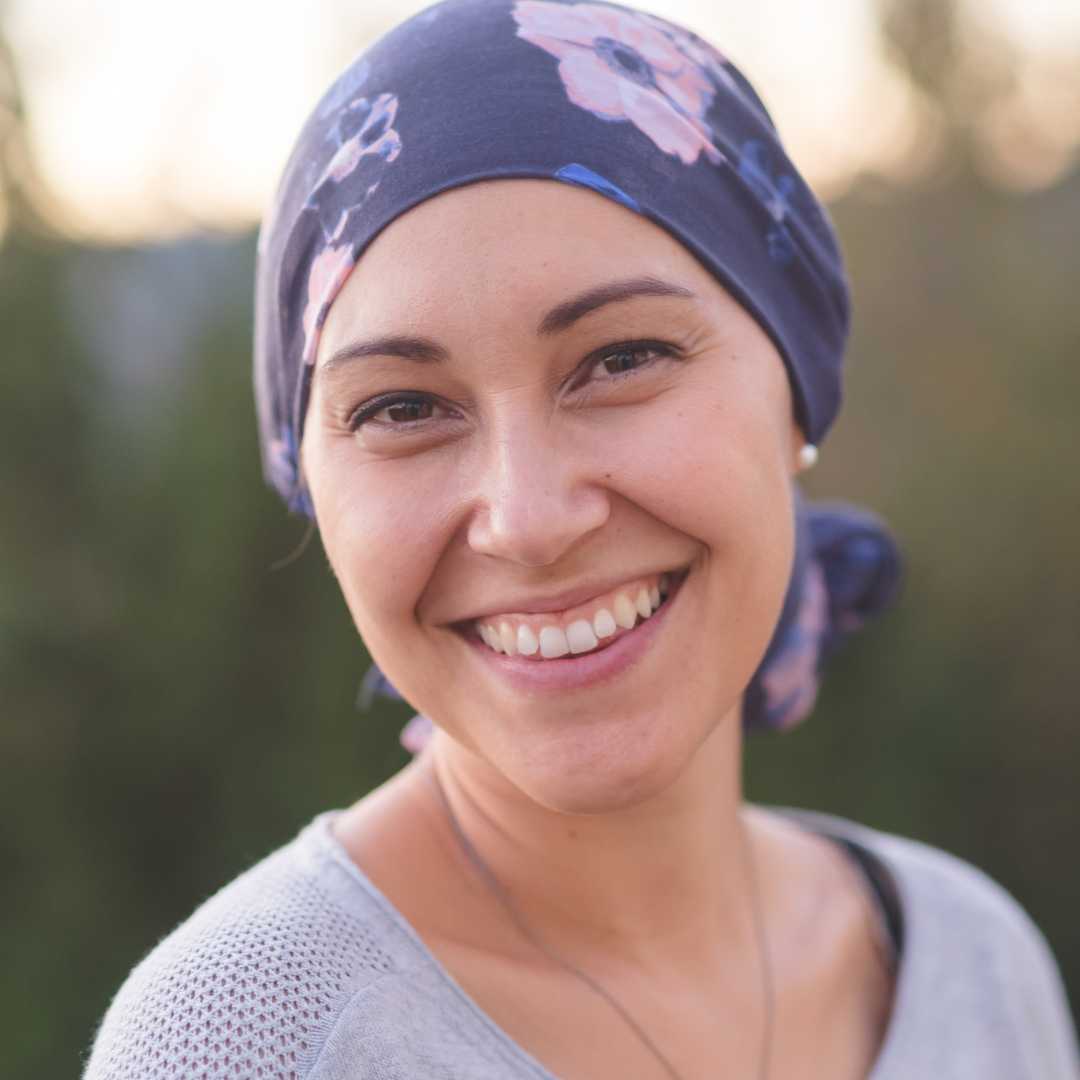

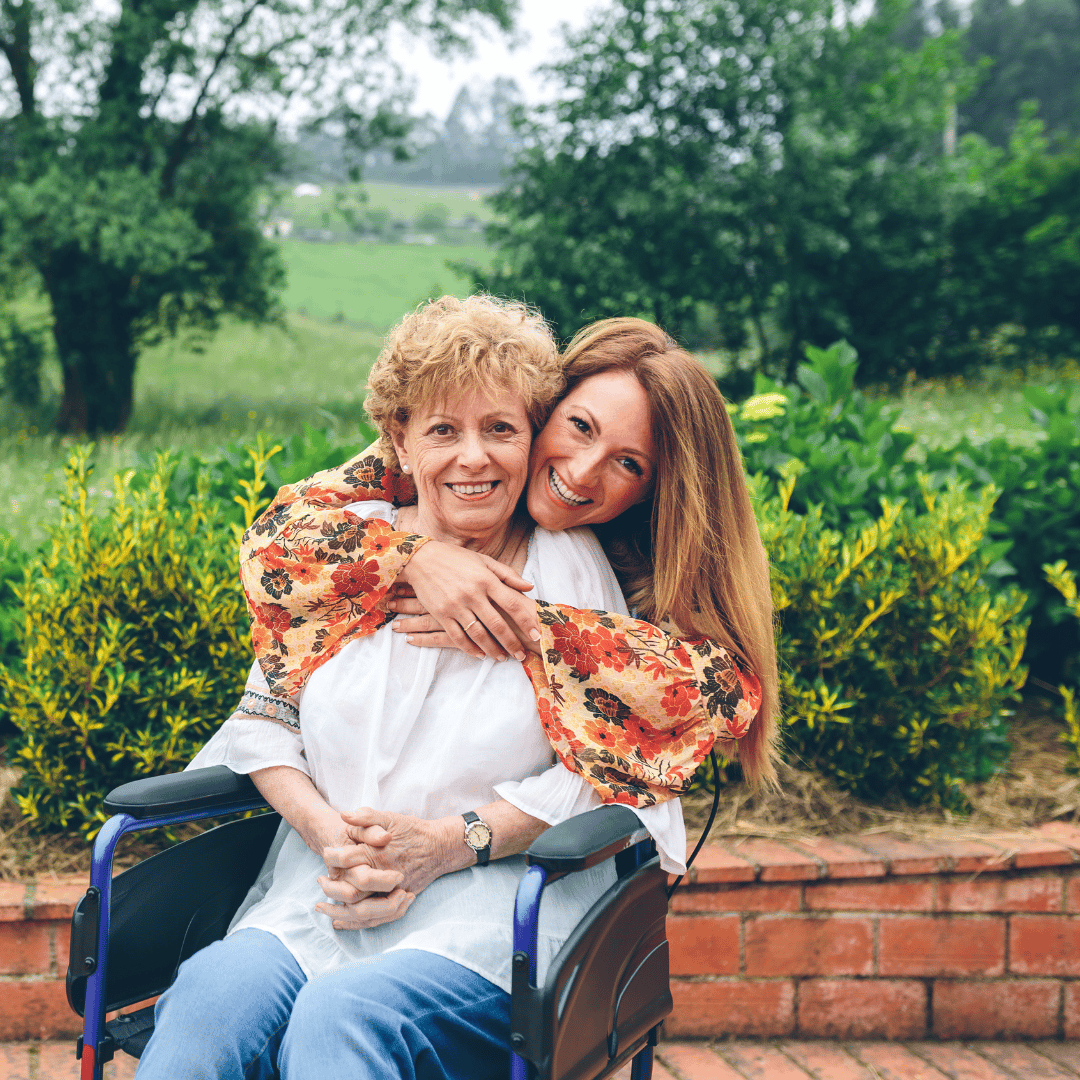




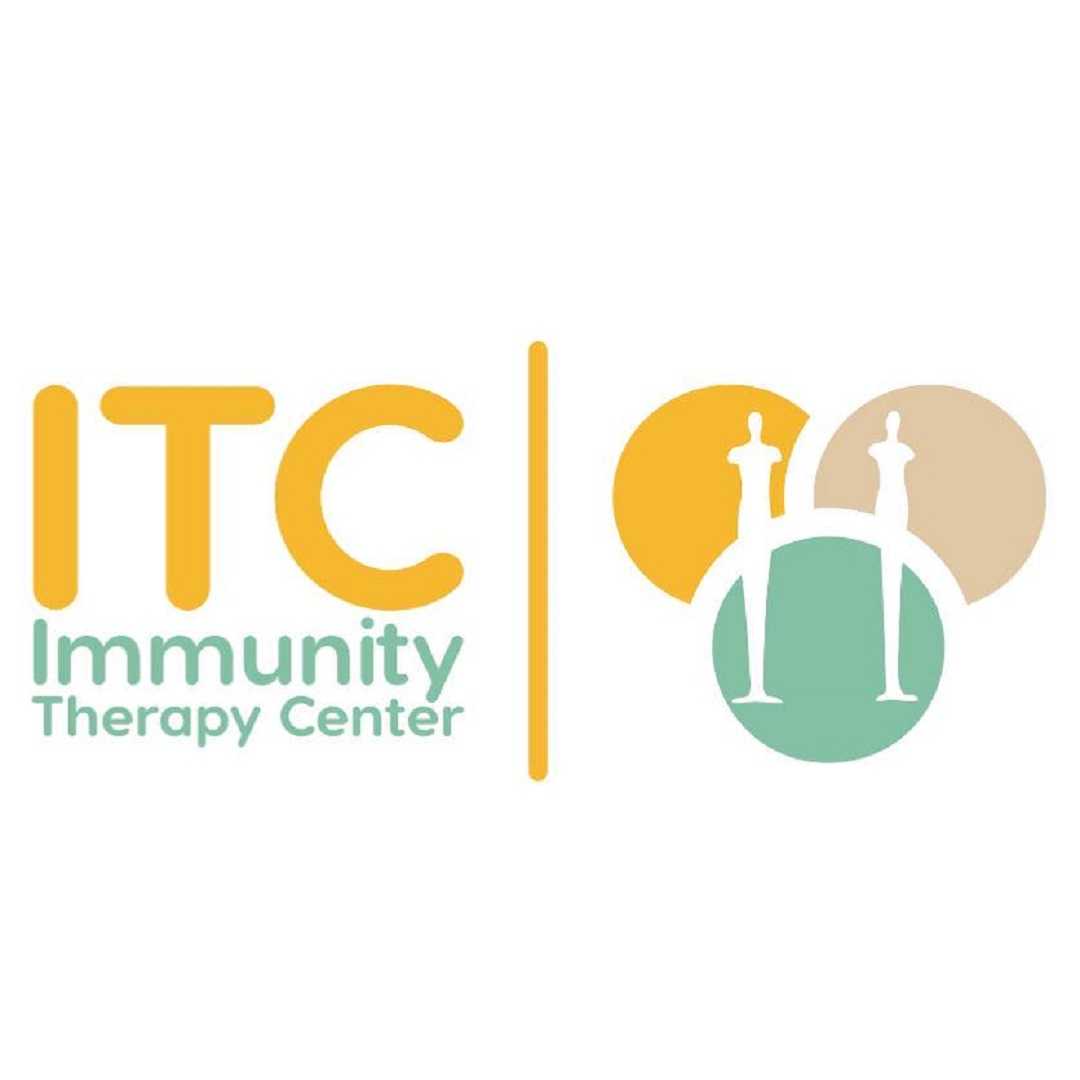
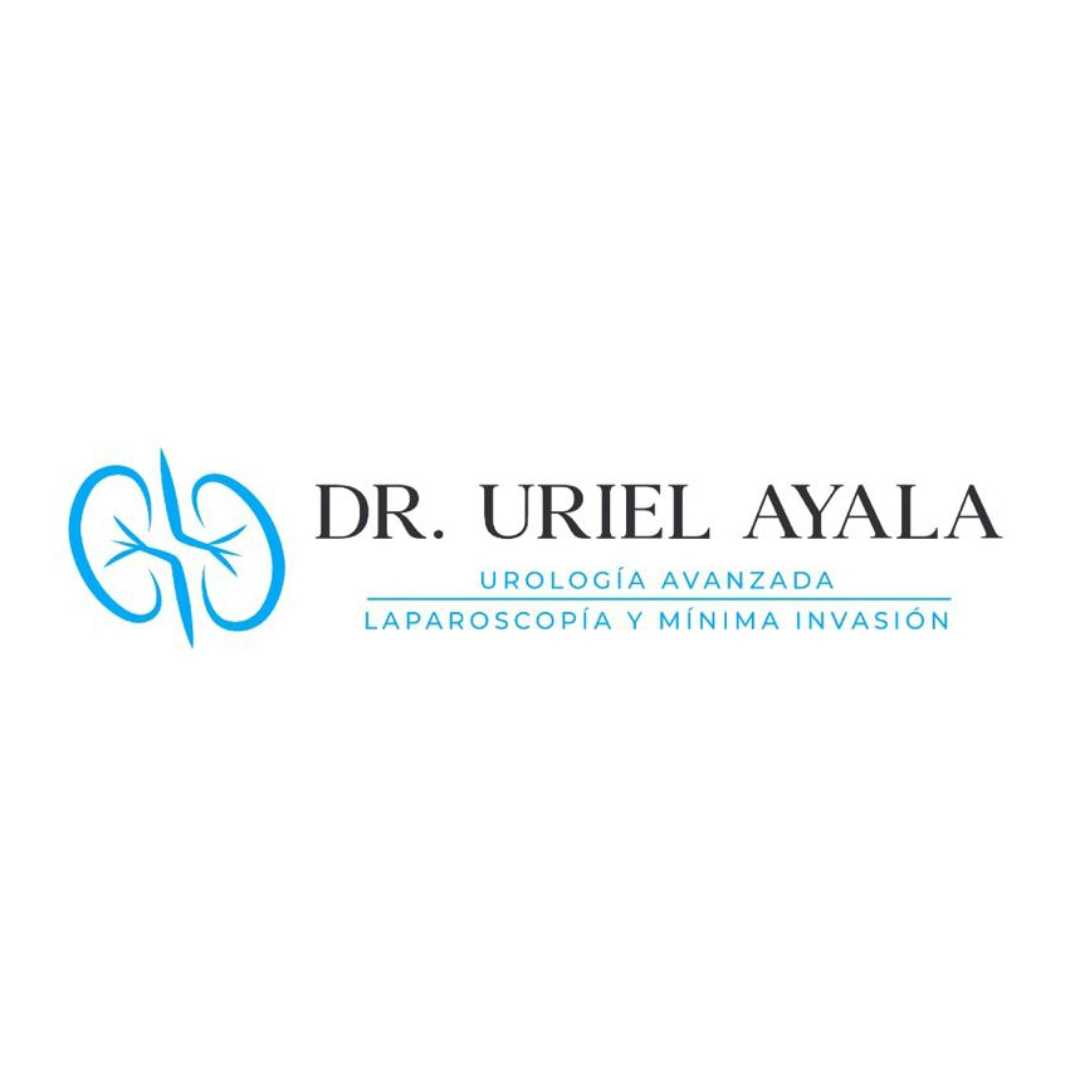
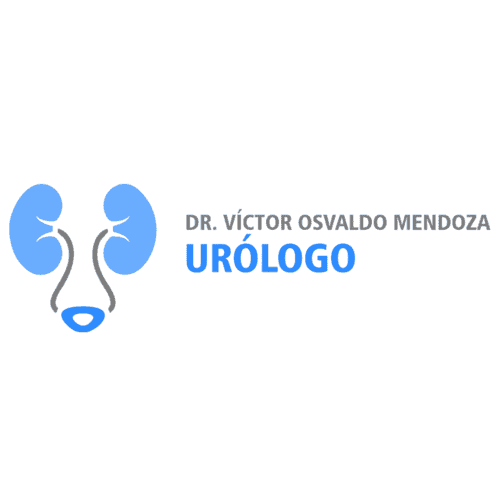
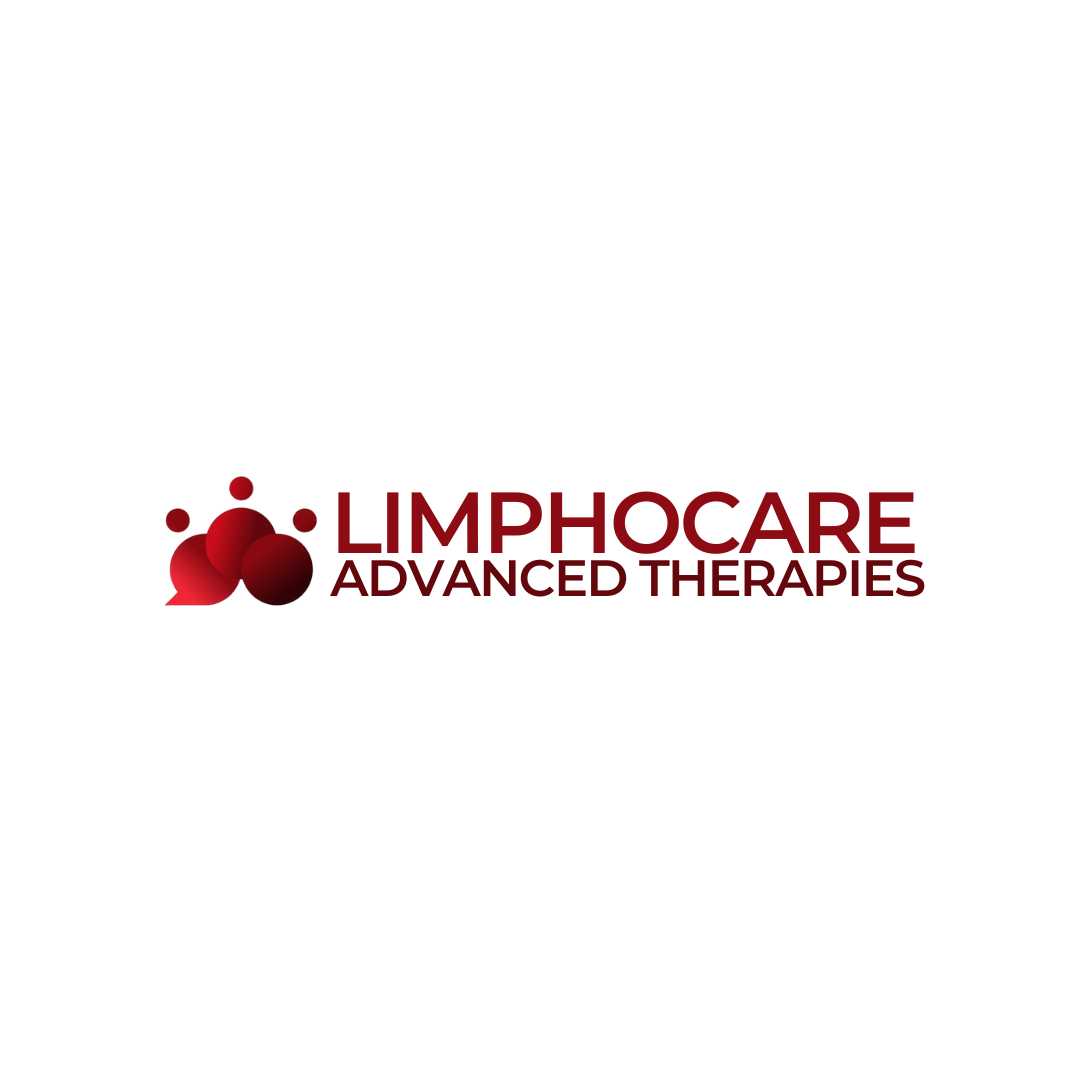


Share this listing